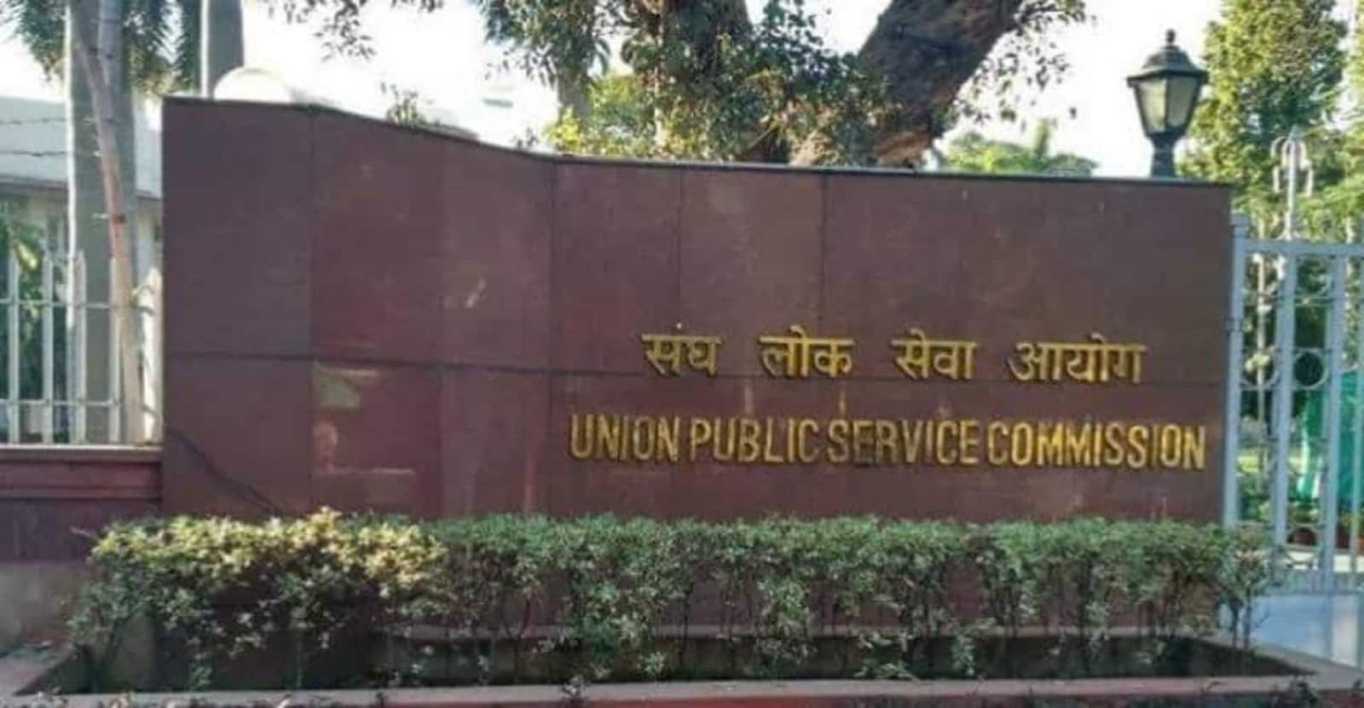





Copyright infringement not intended
Picture Courtesy: hindustantimes
Context: The Union Public Service Commission (UPSC) has tightened its guidelines for the appointment of State Directors General of Police (DGPs).
Key Highlights of the guidelines
|
Minimum Service Left |
●The UPSC guidelines now mandate that candidates eligible for the position of DGP must have at least six months of active service left before their retirement. ●This ensures that the appointed DGP will have a reasonable period to serve in the position, preventing short tenures and promoting stability in the leadership of state police forces. ●It allows the DGP to effectively implement policies and initiatives without the imminent pressure of retirement. |
|
Central Deputation |
●The new guidelines state that if an Indian Police Service (IPS) officer is serving on a central deputation and the Union Ministry of Home Affairs (MHA) informs the respective State government that it cannot relieve the officer, that individual will not be considered for the position of DGP. ●This change strikes a balance between state and central requirements. It ensures that officers serving in crucial national-level roles are not abruptly withdrawn, preserving the functioning of essential institutions at both state and central levels. |
|
Experience Requirement |
●The previous requirement of 30 years of service for DGP eligibility has been reduced to 25 years. ●This alteration acknowledges that officers can gain significant and diverse experience within 25 years, making them well-qualified for the responsibilities associated with the DGP role. ●It broadens the pool of potential candidates, allowing competent officers with varied experiences to be considered for the position. |
|
Shortlisted Candidates |
●The guidelines limit the number of shortlisted officers to a maximum of three candidates. ●This limitation ensures a competitive selection process. Having a manageable number of candidates allows decision-makers to thoroughly evaluate each contender, promoting a fair and merit-based selection. |
|
Willingness of Officers |
●Officers must express their willingness to be considered for the DGP position under the new guidelines. ●This requirement ensures that officers who genuinely desire the role and are prepared for the responsibilities associated with it are included in the candidate pool. ●It prevents officers from being appointed to a position they might not be interested in or fully committed to, ensuring a higher level of dedication and engagement in the role. |
Conclusion
Must Read Articles:
DGP: https://www.iasgyan.in/daily-current-affairs/dgp
Police in India: Issues and Solutions: https://www.iasgyan.in/blogs/police-in-india-issues-and-solutions
Law On Police Custody: https://www.iasgyan.in/daily-current-affairs/law-on-police-custody
|
PRACTICE QUESTION Q. What are the key challenges faced in implementing effective police reform in India, and what strategies can be employed to address these challenges and create a more accountable, transparent, and citizen-friendly policing system in the country? |










© 2025 iasgyan. All right reserved